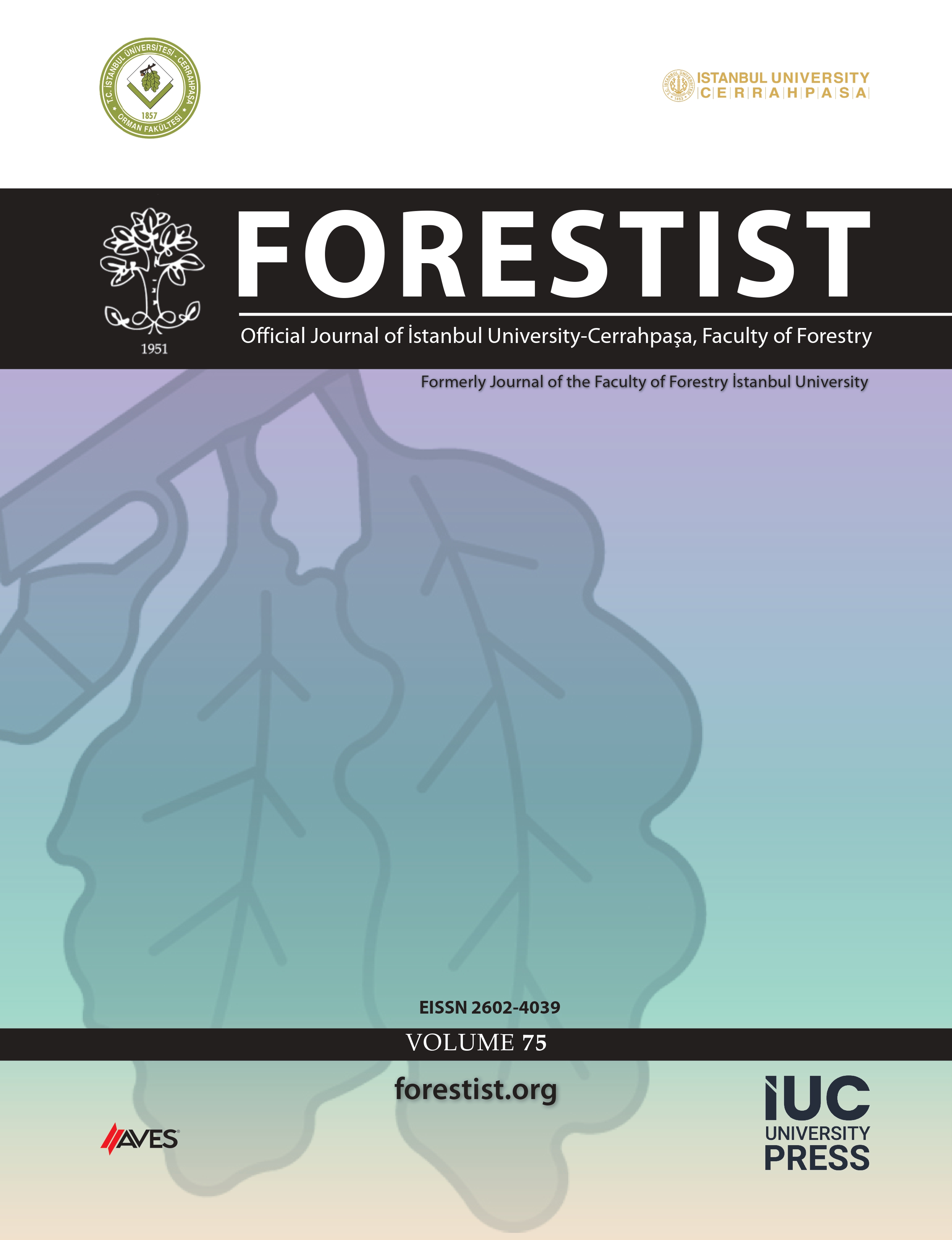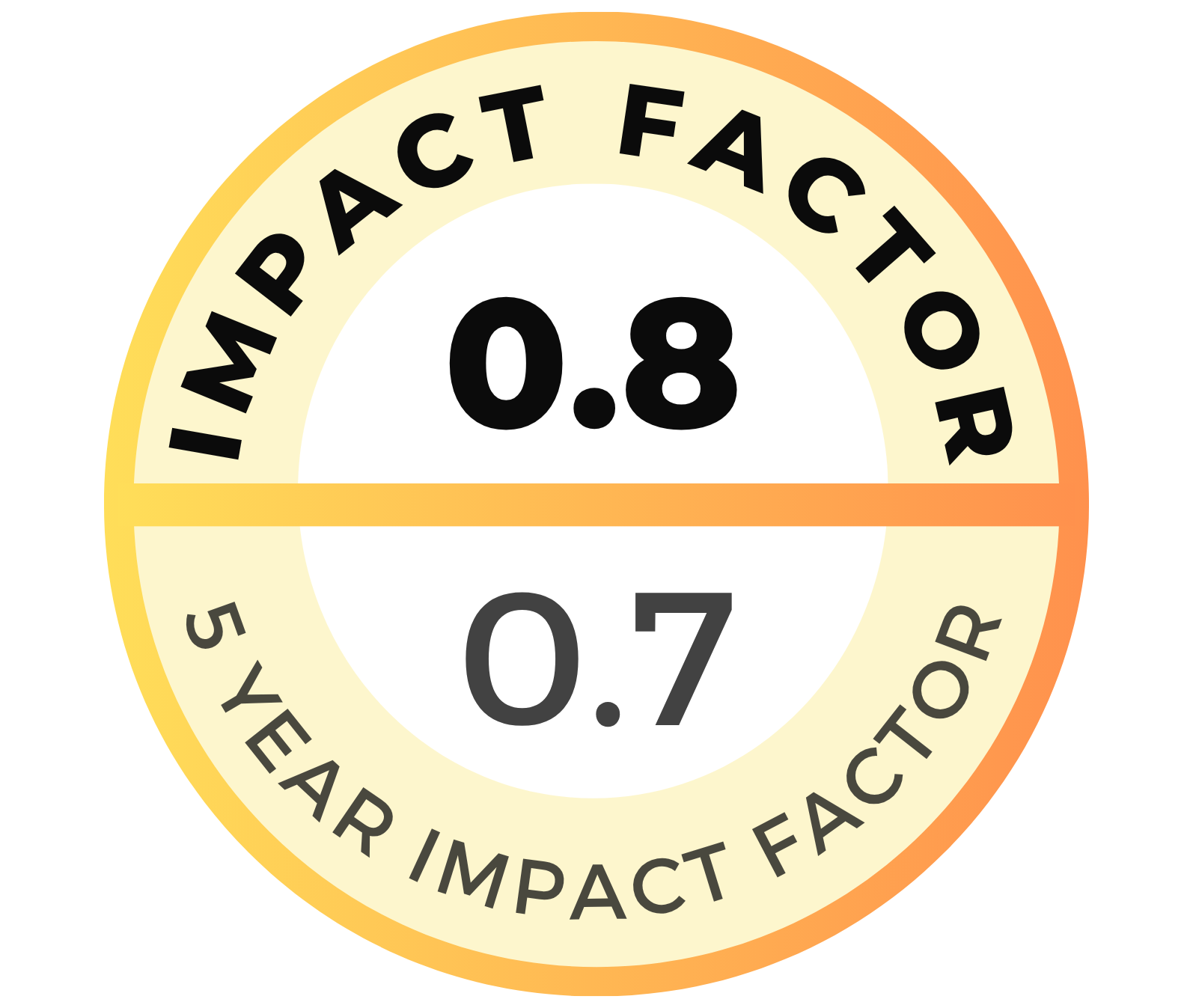Soil microbes play major roles in the terrestrial ecosystem by exchanging nutrients with plants. The present study investigated the e!ects of extreme climate events on the soil extracellular enzyme activities and microbial biomass in the soil covered with 0-year-old Pinus densi!ora and Larix kaempferi seedlings. Open-"eld treatments of extreme warming (+3°C and +6°C) and the precipitation manipulation including drought (100% rainfall interception) and heavy rainfall (43.4 mm per day) were applied from April to June 2021. Soil microbial biomass carbon and nitrogen and extracellular enzyme (acid phosphatase, β-glucosidase, N-acetyl-glucosaminidase, and leucine aminopeptidase) activities were measured after the completion of all treatments. The activities of acid phosphatase and N-acetyl-glucosaminidase under the L. kaempferi seedlings were higher than those under P. densi!ora seedlings by 28.0% (p < .05) and 75.9% (p < .01), respectively. It appeared that the notable enzyme activities under the L. kaempferi seedlings are due to the di!erence in carbon output from the roots and substrate provision following the deciduous layer. Compared to the precipitation control, microbial biomass carbon and nitrogen increased by 9.6% and 8.6% in the heavy rainfall treatments and decreased by 9.9% and 15.4% in the drought treatments, respectively (p < .01). The overall results indicate the microbial sensitivity to environmental variables as well as interactions with the planted species. Since this study con"rmed only the measurements shortly after the extreme climate events manipulation, further investigation is needed to address the mechanisms of soil microbe–plant interactions in response to future climate changes.
Cite this article as: Kwon, M., Jo, H., Kim, G., Kim, H., & Son, Y. (2023). E!ects of open-"eld experimental extreme climate events on soil microbial biomass and extracellular enzyme activity under Pinus densi!ora and Larix kaempferi seedlings. Forestist, 73(3), 270-277.




.png)
